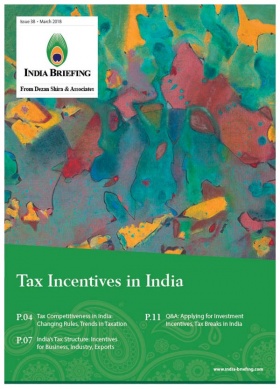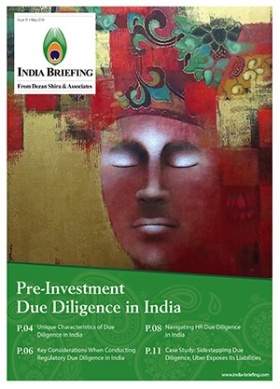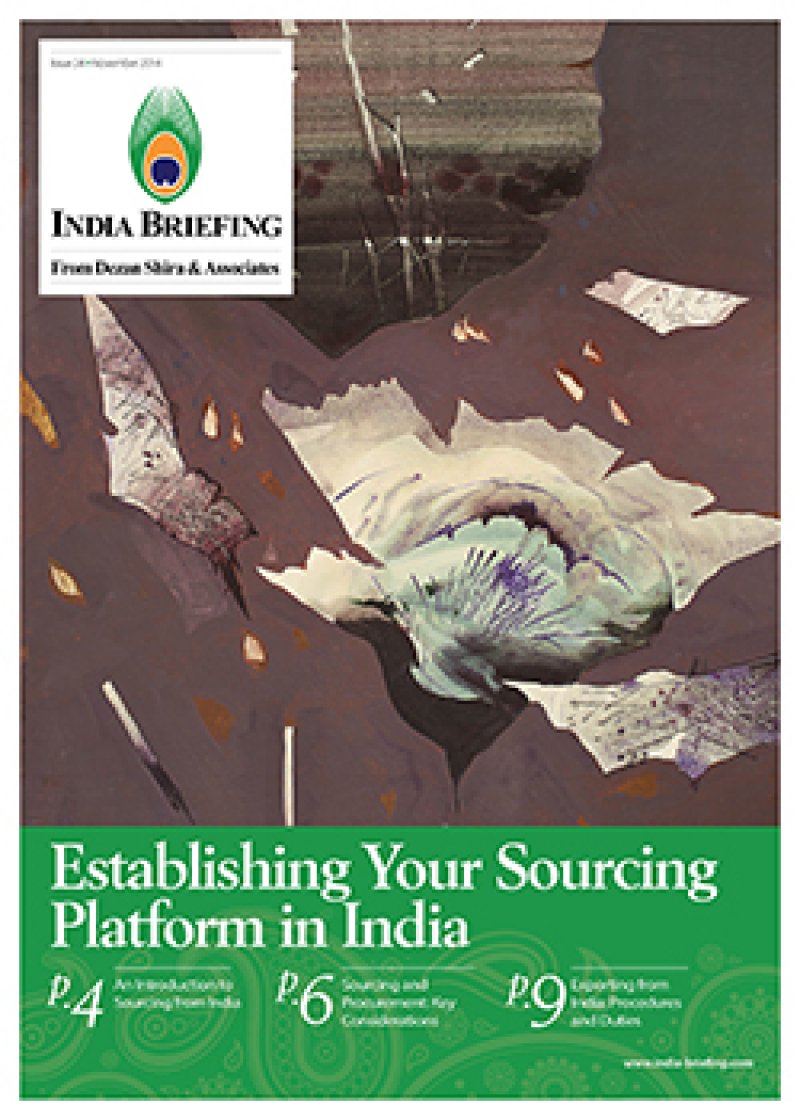Trade Standards in India: What You Need to Know for India Bound Exports
Trade standards create and enforce specific criteria in products and services – quite literally setting the standard.
These standards are applicable to both domestic and imported goods; understanding these standards makes exporting goods to India easier.
Who sets India’s trade standards?
The Bureau of Indian Standards (BIS) Act, 2016 established the BIS as the nodal national agency for regulating domestic and foreign goods to Indian standards. Trade law in India was also bolstered with increased penalties for the misuse of the Indian Standards Institute (ISI mark) and the mandatory hallmark identification on gold and other precious metals.
The BIS is a legal corporate entity. It comprises of 25 members who represent both the federal and state governments, as well as industry, scientific and research institutions, consumer organizations, and professional bodies. Heading the body is the Union Minister of Consumer Affairs, Food and Public Distribution as its president and the Minister of State for Consumer Affairs, Food and Public Distribution as its vice president.
The BIS is the National World Trade Organization’s Technical Barriers to Trade’s (WTO-TBT) Enquiry Point: an official designation, which puts BIS in charge of responding to both foreign and domestic requests concerning Indian standards. It also notifies the WTO in case of any proposed changes to these standards.
The BIS is solely responsible for operating quality certification plans. Additionally, the Food Safety and Standards Authority of India (FSSAI) regulates the import of articles of food into India.
Under the Bureau of Indian Standards, 2016 Act, the BIS has the authority (pending final approval of the central government) to recognize the mark of any international body on par with the Indian Standard Mark for goods, articles, processes, systems, or services.
Indian standards versus international norms
According to the BIS annual report for 2015-2016, there were 18,781 standards in effect as of March 2016. Of these, 5,119 Indian Standards have been harmonized with international standards.
The BIS has signed 21 Memorandums of Understanding (MoU) pertaining to the standardization and conformity assessment with their national counterparts in other countries as well as with the International Organization for Standardization (ISO). The BIS has also signed two Mutual Recognition Arrangements (MRA) with Pakistan and Sri Lanka.
Despite these committed efforts towards bilateral standardization, testing, certification, and training – standards in India can conflict with international norms in ways that the United States Trade Representative, along with other foreign governments and bodies, have argued creates barriers to trade.
Additionally, India has, on numerous occasions, failed to notify the WTO of changes to its trade standards in a timely manner or at all. Whether this may be the case or not, any changes or amended bills in India are published in the Gazette of India that can be accessed here.
Indian standards and trade related barriers
Legal Metrology
The Legal Metrology (National Standards) Rules, 2011 – updated in 2013 – stipulate that all pre-packaged commodities are prohibited, unless they are in a standard quantity and carry all prescribed declarations. This sometimes creates problems for manufacturers who do not use metric units.
For example, mandatory package sizes are in metric units in India, whereas, US food products are typically packaged in fluid ounces, pounds, and pints, as is the case for bottled and canned drinks, packaged biscuits, and bottled vegetable oils.
The Indian rules also state that all products must be labelled with dates of production, importation, and expiration. Further, they stipulate that at least 60 percent of a product’s shelf life must remain at the time of importation.
This stipulation has resulted in Indian custom officials rejecting, and even detaining, unprocessed agricultural products, such as apples and nuts imported into India.
Testing Electronic Equipment
Problems with testing, particularly electronic goods, have arisen for foreign products. In 2012, the Indian Department of Electronics and Information Technology (DEITY) mandated compulsory registration for 15 categories of imported electronic and IT goods.
These goods have to register with BIS laboratories, regardless of whether they already meet internationally recognized quality standards. Furthermore, BIS currently has only eight certified laboratories, risking huge delays for foreign exporters.
Getting certification
India’s trade standards are voluntary with the exception of 109 goods requiring mandatory certification before they are imported into India. Additionally, there are 31 types of electronics or IT goods, which are required to register under the ‘Compulsory Registration Scheme’ before being imported into India.
A complete list of these 109 products can be found here, and covers a range of items from food preservatives, types of cement, electrical appliances, to automobile accessories.
These 109 products must be tested and certified in India and by the BIS. However, a system also exists for foreign companies to receive certification in their home countries. This process involves bringing a BIS inspector to the manufacturer or exporter’s country (paid for by the exporter) and pre-certify the company and its production system. The inspector then authorizes subsequent monitoring by an independent inspector.
Foreign manufacturers and exporters are also required to either maintain a presence in India or else mandate a certified body to ensure standards on their behalf.
About Us
India Briefing is published by Asia Briefing, a subsidiary of Dezan Shira & Associates. We produce material for foreign investors throughout Eurasia, including ASEAN, China, Indonesia, Russia, the Silk Road, & Vietnam. For editorial matters please contact us here and for a complimentary subscription to our products, please click here.
Dezan Shira & Associates provide business intelligence, due diligence, legal, tax and advisory services throughout India and the Asian region. We maintain offices in Delhi and Mumbai and throughout China, South-East Asia, India, and Russia. For assistance with India investment issues or into Asia overall, please contact us at india@dezshira.com or visit us at www.dezshira.com.
- Previous Article India and Russia Collaborate on Joint Development Funds, Technical Innovation Projects
- Next Article Working as an Expat in India – New Issue of India Briefing Magazine Out Now













